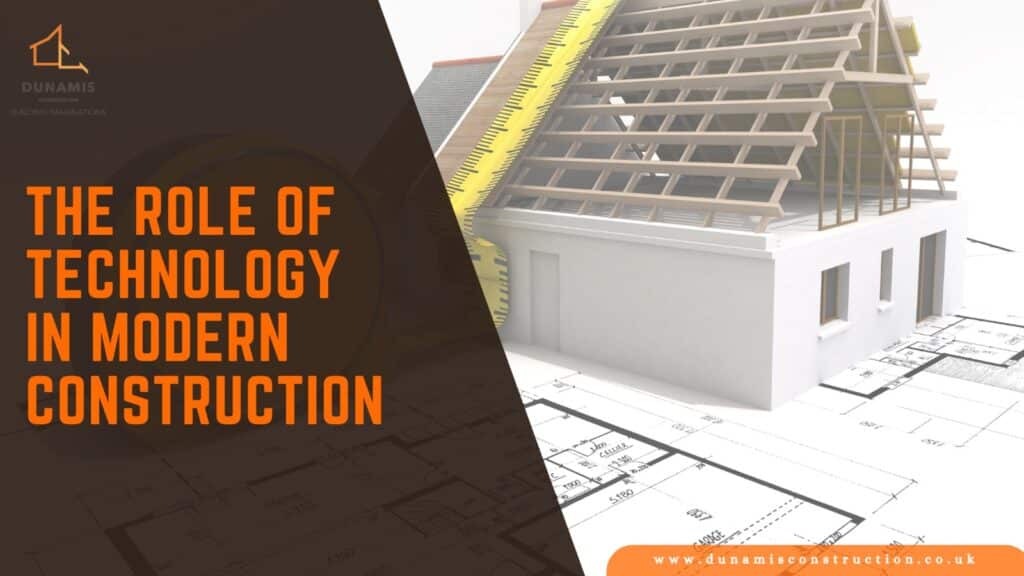In the realm of construction, technology silently drives profound changes. From innovative software to advanced machinery, explore the roles technology plays in modern construction.
- Building Information Modeling:
Building Information Modeling (BIM) has emerged as the cornerstone of modern construction. It’s not merely a blueprint but a dynamic digital representation of the entire project, offering architects, engineers, and builders a 3D visualization that transcends traditional designs. BIM enhances collaboration, minimizes errors, and streamlines decision-making, ensuring every project starts on solid ground.
- Drones:
Drones have taken construction to new heights. These unmanned aerial vehicles offer a bird’s-eye view of the construction site, providing crucial data for site assessment, progress tracking, and safety inspections. They also enable accurate topographical surveys, reducing time and costs.
- Internet of Things :
The Internet of Things (IoT) has transformed construction sites into smart ecosystems. Sensors embedded in equipment, machinery, and safety gear collect real-time data. This data is analyzed to optimize construction processes, enhance safety, and improve overall efficiency.
- 3D Printing:
3D printing is no longer confined to computer screens; it’s shaping the future of construction. This technology can create building components with precision and speed, reducing waste and construction time. It’s a game-changer for sustainable construction.
- Robotics:
Robots are becoming a common sight on construction sites. These mechanical marvels can perform labour-intensive tasks with precision and efficiency. Whether it’s bricklaying, concrete pouring, or even demolition, robots are augmenting human labour and enhancing productivity.
- Augmented Reality (AR):
AR is turning design concepts into immersive experiences. Architects and builders can now visualize the final product in the context of the real world, making design decisions more informed and efficient.
- Cloud Computing:
The cloud has revolutionized collaboration. It enables real-time sharing of project data among stakeholders, regardless of location. Teams can access plans, documents, and updates instantly, fostering seamless communication and decision-making.
- Sustainable Technologies:
Sustainability is at the forefront of modern construction. Technologies like solar panels, green roofing, and advanced insulation systems are reducing the environmental impact of construction while lowering long-term operational costs.
9. Safety Technology:
Innovations in safety technology, such as wearable sensors and real-time monitoring, are keeping construction workers safe. These tools detect potential hazards and provide immediate alerts, ensuring a secure work environment.
10. AI and Machine Learning:
Artificial intelligence and machine learning algorithms analyze vast amounts of data to predict project outcomes, schedule delays, and budget overruns. This predictive power empowers project managers to make informed decisions.
As we move deeper into the 21st century, technology continues to be a reliable partner in construction, turning challenges into opportunities. It’s not merely about erecting buildings but forging a brighter, more efficient, and sustainable future. With technology by our side, we’re not just constructing structures but shaping tomorrow’s world.

